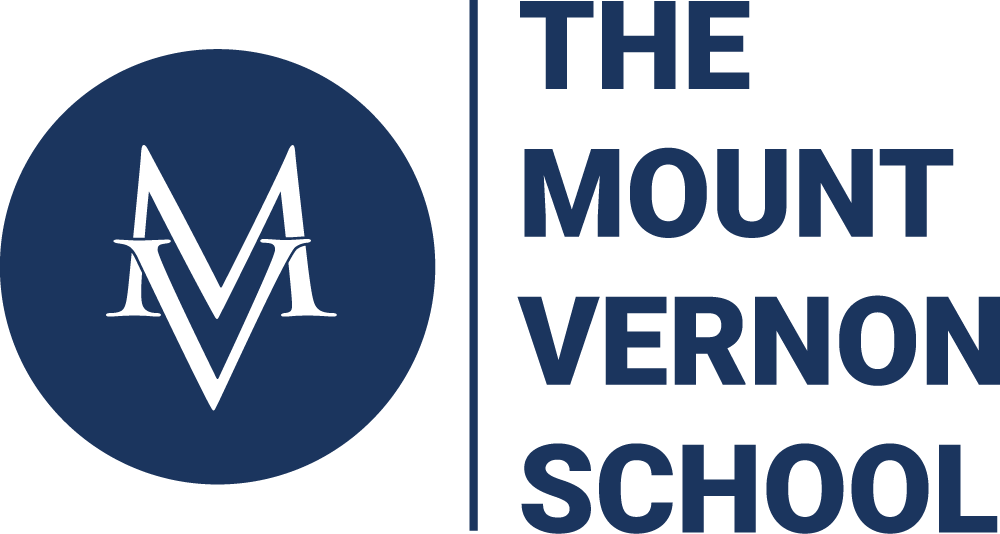The eighth installment of the Equites Chapter of Mount Vernon’s National Honor Society took place on Thursday morning, almost doubling the chapter’s existing membership.
By candlelight, 17 sophomores, two juniors and one faculty member were inducted in the Black Box Theater. Rich with ceremony, the event was hosted by NHS Adviser Marsha Powell. In front of their parents, the inductees were welcomed, prayed over and encouraged to continue their good work as strong, service-oriented students and solid community leaders.
The National Honor Society (NHS) is the nation’s premier organization established to recognize outstanding high school students. More than just an honor roll, NHS serves to honor those students who have demonstrated excellence in the areas of scholarship, leadership, service, and character. These characteristics have been associated with membership in the organization since its beginning in 1921.
Each new member was called by name to receive a personalized certificate and membership card, sign the NHS Registry Book, and individually be pinned before reciting the National Honor Society Pledge:
I pledge to maintain high scholastic standing, to hold as fundamental and worthy an untarnished character, to endeavor intelligently and courageously to be a leader, and to give of myself freely in service to others. In so doing, I shall prove myself worthy of a place in the National Honor Society.
Holly Chesser, Upper School English Teacher, was asked to speak at the ceremony prior to being pinned, herself, as an Honorary Member of the Equites Chapter. Mrs. Chesser shared wise words with the students and their parents:
Good morning, students, parents, faculty, Mr. Thigpen. Thank you all for being here as we celebrate the achievements of the students before us.
I’d also like to thank Mrs. Powell, both for honoring me by asking me to speak this morning, and for her tremendous service to our school. It is at occasions like this one that we all recognize how much she will be deeply missed next year.
Last month, Mrs. Powell inquired if I am a National Honor Society member, to which I answered yes. I vaguely remember my induction years and years ago. In fact, its distance in my memory led me to wonder what year the Society was actually founded. Thanks to one of these (pick up phone) I learned its year of institution – 1921 – its constitution, its emblem, and most interestingly, its motto.
“Noblesse oblige.” It’s a French term, and just out of curiosity, by a show of hands, how many of you NHS members and inductees know the meaning of this phrase? Noblesse oblige. Well, literally, it translates to “nobility obligates.” It’s an old term with its roots in feudalism. Since nobles were born with great privilege, they were also born with great responsibilities, or so the saying goes. They were expected to conduct themselves according to the position they held.
In an ethical sense, the term suggests a demand for a moral economy: privilege must be balanced by duty to those who lack privilege.
But, NHS is an American organization founded in the 20th century. America has never possessed a nobility. Nobility, after all, refers to the highest social class in pre-modern societies, and the principles upon which our country was founded are antithetical to the development or recognition of a nobility. Our country’s ethos – metaphorically represented by the American dream – is a set of ideals in which freedom includes the opportunity for prosperity and success, and an upward social mobility achieved through hard work, not family lineage or inherited wealth.
So why would this esteemed yet modern organization of which we are all a part choose “noblesse oblige” as its motto? It’s perplexing.
How am I – and now you – noble? In what way might we be members of the nobility and what then are we obligated to do as a result?
These days, frankly, the term noblesse oblige is used ironically, perhaps even contemptuously, to imply that one is being a hypocrite by doing a service that one has to, or that one strikes a condescending attitude while doing it. “You do a good deed because you are special, but it’s really to make yourself feel better and make others feel bad at the same time.” The term today is used by cynics.
But I am not a cynic, and I hope that you are not either. In the words of a man I personally consider very wise or at the least very funny, a man I met on my 50th birthday this year, front row and center, Stephen Colbert: “Cynicism masquerades as wisdom, but it is the farthest thing from it. Because cynics don’t learn anything. Because cynicism is a self-imposed blindness, a rejection of the world because we are afraid it will hurt us or disappoint us.”
The world may hurt us and disappoint us. In fact, I think you can bet on that at some point. But hopefully that will never lead you to turn your back on it.
Personally, I suspect that the National Honor Society chose its motto because the original founders recognized that true noblesse oblige has nothing to do with high birth, power, wealth, or prestige. True noblesse oblige is a responsibility each one of us carries who has been given the benefits of living in a free land, founded on the principles of perseverance, equality, and opportunity. If we as a country or as individuals miss that mark (and let’s remember that to sin in the Old Testament is literally to “miss the mark, to miss what we were aiming at,” it is no reflection on the founding principles. It means we have the responsibility to use our energies and intelligence to embrace those values and hit that mark the next time.
In 1921, the year our society was founded, the wealthiest man in the United States was John D. Rockefeller. A man born into modest circumstances, he understood that when he acquired his status, he also acquired an obligation. He asserted, “Every right implies a responsibility, every opportunity an obligation, every possession a duty.”
Today, you are honored for your accomplishments in meeting the Society’s standards of service, character, leadership, and scholarship. Those four attributes characterize our country’s nobility. What obligation will you be undertaking?
Congratulations to the newest members of the National Honor Society!
[justified_image_grid preset=11 ids=2263,2264,2265,2266,2267,2268,2269,2270,2271,2272,2273,2274,2275,2276]


